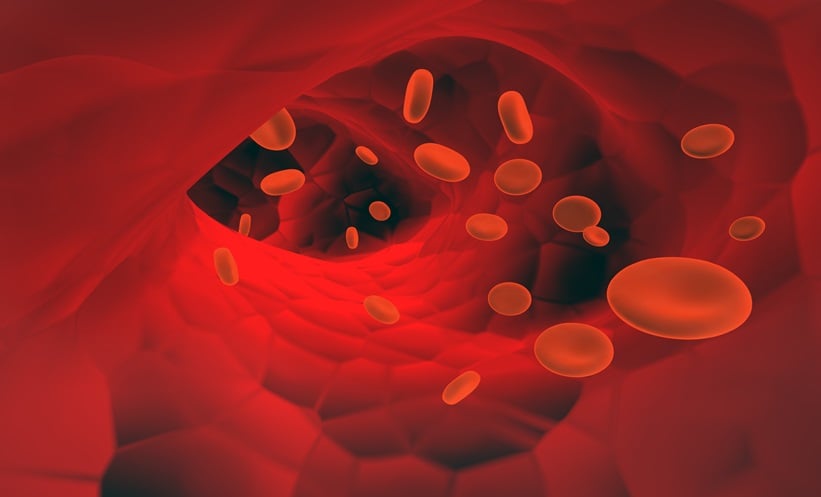IRON DEFICIENCY (ID) affects approximately 1.8 billion people worldwide, with serious implications for health even in the absence of anaemia. An abstract presentation at the European Hematology Association (EHA) 2024 Congress described a new study that aimed to enhance ID screening through the application of advanced machine learning (ML) techniques on novel high-dimensional full blood counts (HD-FBC). The aim was to evaluate current ID screening sensitivity and improve it using data from a large-scale analysis.
The study utilised data from 48,000 blood donors participating in the INTERVAL trial, which provided a test performance benchmark, and 250,000 outpatients from Cambridge University Hospitals. ID was defined functionally as a >10 g/L drop in haemoglobin (Hb) over two years with repeated blood donation, with samples taken at least eight weeks after the last donation. ML models were trained on both standard and HD-FBC data, including 85 measurements to offer detailed insights into cell subpopulations and dynamics.
Findings revealed that traditional screening methods showed limited sensitivity: 12% for Hb, 8% for mean corpuscular haemoglobin (MCH), and 9% for mean corpuscular volume (MCV) when detecting ferritin levels <15 μg/L. Sensitivity improved slightly in cases of established anaemia but remained low overall, with values reaching only 24% for MCH and 26% for MCV. The functional ID definition yielded similar results, with sensitivities of 44% for Hb, 39% for MCH, and 30% for MCV, and performance was notably poorer in vulnerable sub-groups.
In contrast, ML models trained on HD-FBC data demonstrated superior performance, detecting ID more accurately and consistently across various demographic groups, including older adults and individuals with a high BMI or diabetes. These models identified 45% of Cambridge University Hospital outpatients predicted to have ID without formal iron testing, underscoring their potential for real-world impact.
Katie Wright, EMJ
Reference
Kreuter D et al. Machine learning to transform iron deficiency screening: from rusty tools to cutting-edge solutions. Abstract S332. EHA2024, 13-16 June, 2024.







